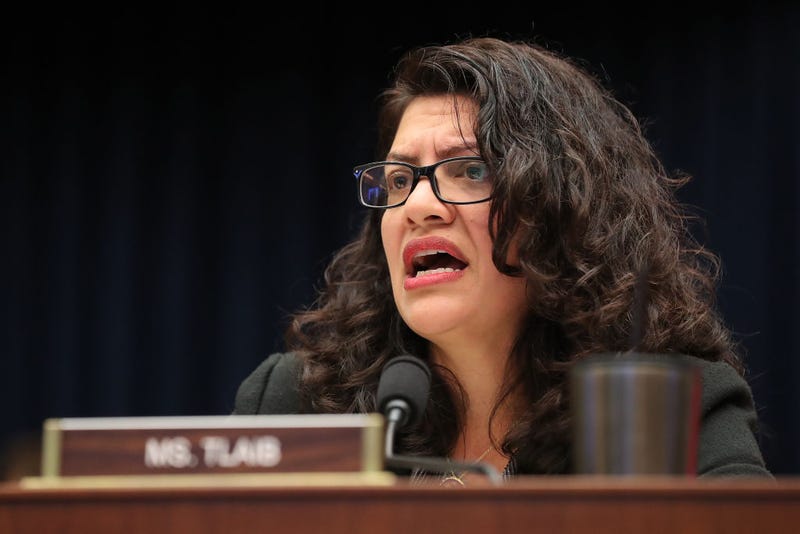
New Orleans just passed another terribly violent weekend that saw two teens shot, one of whom is in critical condition and the other did not survive their injuries. The carjackings continue as well, with a 73 year old ride share driver being dragged several feet down the street by her attacker. Newell invited LSU Health Adjunct Professor and Criminologist Dr. Peter Scharf onto the program Tuesday morning to discuss.
“We have been hearing a lot about the danger of simply gassing up your automobile and driving around,” Newell began. “Right around a thousand cars have been stolen in New Orleans in 2021. It seems as though we have multiple very dangerous trends traveling parallel to one another right now.”
“Absolutely, and it scares me, the contradictory responses,” Scharf said. “You and I have known each other close to 30 years, I don't think either of us remember a time when there was so much confusion about what's needed to address these crime threats. That’s what troubles me.”
“What, what do you think is contributing to that?”
“One is changing demography - New Orleans isn't the city that it was in 1997,” Scharf said. “It was a working class city and there was a group of criminals who were threatening a consensus. Now, it’s become a new melange, and this is the new normal... we're a multicultural city and many of these things are great, but I think we are pretending that the world is the way we thought it was. I think parenting has changed for a country of latchkey kids. We're a very divided city. On the issue of drugs, for example, there was a consensus that isn’t here right now. We gotta get our signals together and come up with a strategy to deal with all of the complex changes we're facing. Or we will all continue to be in deep trouble.”
“When we talk about over-incarceration and overcriminalization, what's often left out of this conversation is our offender rate,” Newell said. “We compare ourselves to other countries around the world, but they don't have the offender rate that we have. I'm curious about your reaction to what Rashida Tlaib said the other day that policing in our country is inherently and intentionally racist, that she is done with those who condone government funded murder, she wants no more policing, no more incarceration, no more militarization. She says it can't be reformed.”
“As for the structural racist theory of crime, first of all, I don't believe a word of it,” Scharf said. “We've gone periodically through these anti-police periods. And we're now in a period where the police have to be challenged. There is the issue in Virginia with the National Guard Lieutenant who gets arrested, and the gentlemen who was shot in Brooklyn Center, and the Derek Chauvin trial. We've got to be aware of kind of how some of these perceptions got us here. Here in Louisiana we were the incarceration capital of the world, we had 47,000 people in state prison and contract jails. And if we look at the history of the state and the history of New Orleans, the things we all did - and I'm including myself and everybody else - that got us to this divisive moment, we have to look beyond the immediate and look long-term to how do we reinvent law enforcement so that it's responsive to the new culture?”
Hear the entire interview in the audio player below.
